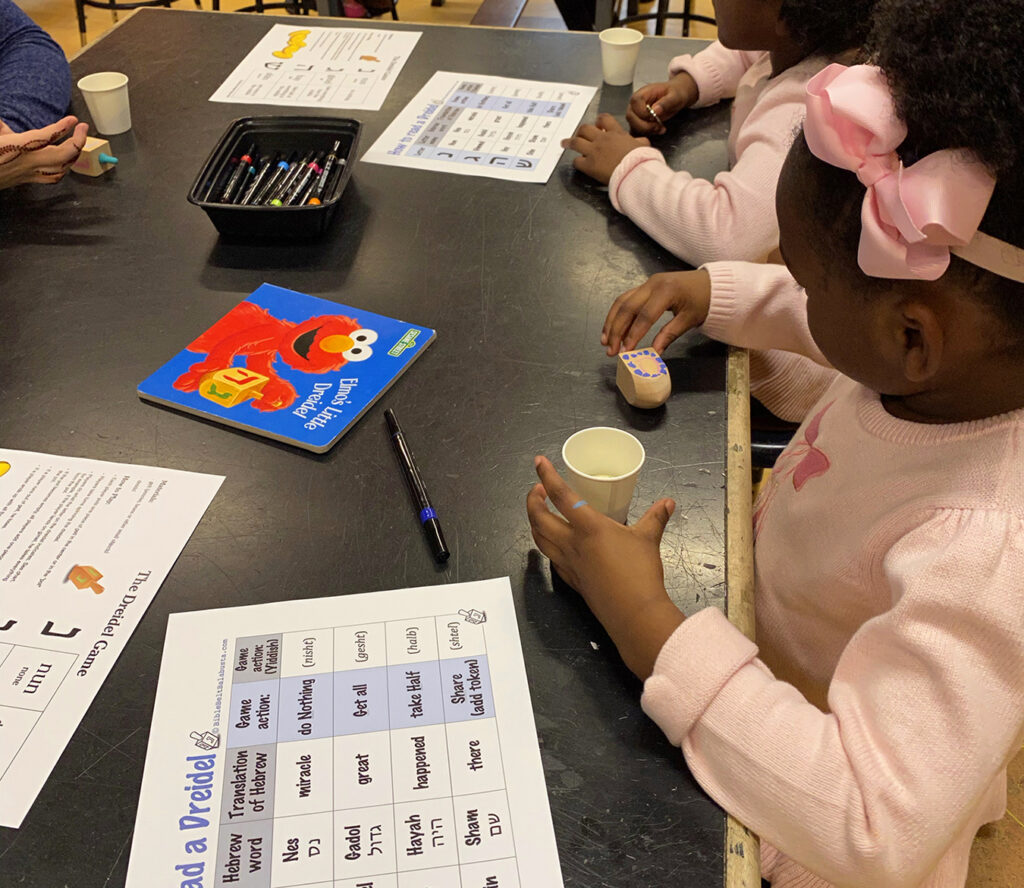
Religious Literacy at Boston Children’s Museum
For over a century, and under the leadership of President and CEO, Carole Charnow, Boston Children’s Museum (BCM) has helped children and families better understand the world and their place in it. Since 2020, this mission has expanded through the Museum’s Religious Literacy (RL) Initiative, which connects an understanding of beliefs, practices, and traditions to children’s identity development—particularly building empathy. While BCM is a secular institution, we endeavor to help every visitor feel welcome by creating space for engaging with topics that can sometimes be viewed as challenging or polarizing, such as religion and spirituality, in ways that are accessible and inclusive. This work is grounded in values that embrace religious pluralism, accuracy in representation, and identity as multidimensional.
The Religious Literacy Initiative supports families by providing opportunities to develop curiosity about the ways religion is embedded in identity and the world around them. Through exhibits, programs, object-based learning, and community collaborations, Boston Children’s Museum is a place where children and families can feel comfortable engaging with different religious identities, belief systems and develop skills to practice empathy toward others. The overarching goal is for children, families, and caregivers, regardless of beliefs and practices and including those with no religious affiliation, to feel supported in engaging with topics that shape children’s identity development and wellbeing in ways that affirm their natural curiosity and lived experiences. The Initiative is designed to help children and the adults who care for them unpack how beliefs and values develop as part of identity, increase comfort around differing belief systems, identify commonalities, and celebrate religious, cultural, and familial traditions.
Phase 1 of the Religious Literacy Initiative (2019–2024) laid the foundation for this work. In November 2023, the Museum’s You, Me, We exhibit introduced a permanent space called “Beyond the Surface”, focusing on values and beliefs, while activities like creating Belief Kites and RL story times offered new experiences to introduce visitors to this topic. Early partnerships with leading scholars like Dr. Diane Moore (Harvard Divinity School) and Dr. Mona Abo-Zena (UMass Boston) helped shape the Museum’s guiding framework. This early work transformed BCM’s internal culture as well. RL became woven into staff development opportunities and surfaced in internal work, like Collections and Archives care, which included ongoing efforts to decolonize the Collection, repatriate belongings, and re-catalogue materials by revising the processes around how they were originally identified as religious, sacred, or not. Supporting staff understanding of this topic has direct correlation to the impact on our audiences—for example, since 2021, the percentage of visitors who “see themselves represented” in Museum exhibits and programs has risen to nearly 80%.
Looking ahead, BCM aims to serve as a model for cultural institutions by centering the lived experiences of children and families with diverse identities, beliefs, and religions. Phase 2 of the Religious Literacy Initiative will build on previous success across six strands: Visitor-Facing Programming, Staff Learning, Religious Literacy Storytelling, Community Engagement, Knowledge Exchange and Research and Evaluation. Highlights of work we plan to engage in includes commissioning literature and media projects that amplify children’s voices, embedding community perspectives into programs and museum spaces, and expanding partnerships with local artists, creatives, educators, and mission-aligned organizations. At its core, the Religious Literacy Initiative fosters empathy, affirms identity, and helps young children and families approach difference with curiosity, intentionality and compassion.
